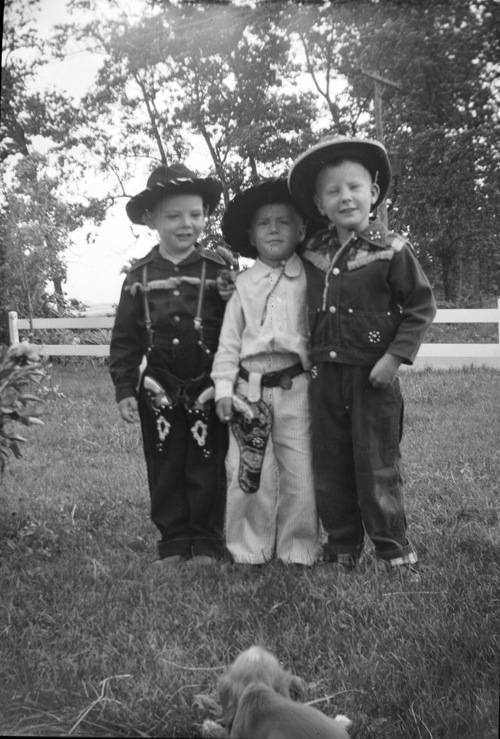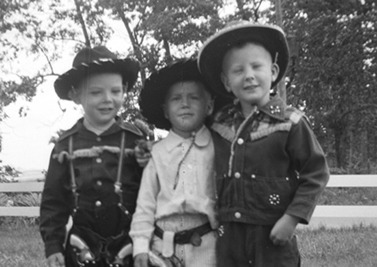
I’m standing in a bookstore in lower Alabama, or more properly in the affixed coffee-shop somewhere between the arrayed mugs and French presses and the reliquary of biscotti, waxing horrific on the operations of indigo plantations—the life expectancy of enslaved men and women, how those lives were often terminated in gruesome poisoning—or perhaps I’m going on overlong about how one of my characters collects human foreskins for his betrothed, as did good King David, when from out of the sparse crowd an older gentleman rises to his feet, indignant.
“I want to know,” he says, “how on earth you actually expect genteel Southern people to read this book.”
I nod in false contemplation, glance sidelong at the biscotti, which offers no succor.
I’ve been to this town before, as a graduate student attending a conference of creative writers. A sort of sub-sub-regional AWP [the largest annual literary gathering in North America], and similarly a terror-dome where novices, armed only with crippling insecurity and drink, square off in ill-defined posturing matches. Now, clutching my first book to my chest, I’m both swollen with pride and nettled by old phantom-limb insecurities.
The older gentleman grins. I recognize him—the tone of his voice, the expectant glint in his eyes. He’s cut from the same cloth as those audience members who approach me after readings, conspiratorially sidle up to the lectern as though bearing some secret knowledge, to tell me I don’t have a Southern accent. He’s not unlike the pair of Mississippians who, while conferring on the subject of Southern gentlemen, determined that I patently wasn’t one. Or the Louisianans who came to the conclusion that I most assuredly wasn’t country.
All of these people are, in fact, correct. My voice doesn’t hew to the prevailing concept of what a Southern accent should be; I’m happily not a member of the class that drew the region into the most destructive war in the nation’s history; I’m fortunate enough to be unable to claim hard-bitten grit status and the suffering inherent.
I’ve spent my life by equal measures in Southeast Louisiana and the Florida panhandle—with sojourns in coastal Mississippi and Alabama—and am thus without the benefit or anxiety of the postage stamp. Not to say I didn’t try for years to root my nascent identity in a particular place: when I lived in Florida I was fiercely a Louisianan in the way only an insecure youth can be, but when I returned to Louisiana for college I was infuriated to be considered the very image of blonde Floridianity.
The old man has his hands on his hips now. “Well—?”
Knowingly or not, he’s playing the same game of which we inhabitants of the roughly 750,000-square-mile swath of the continent never seem to tire—jockeying for authenticity. We lurch after the authentic, whether dictated by white-column worshippers or BBQ alchemists or blues hagiographers or poverty tourists, and flog with equal glee outsiders who dare to intellectually or physically invade the bounds of our territory and those insiders who don’t match an idea of authenticity that amounts to little more than commoditized regionalism. And so we create a culture of negation and exclusion at our own peril, denying black voices that don’t adhere to the stifling notion of what black Southern writers should be writing about, denying expatriate and immigrant voices, and ultimately denying what the late Carlos Fuentes called the trilingual cultural exchange of the Gulf of Mexico and the Caribbean.
I’m trying now to give an answer to the old man. I restate his question; I consider aloud the brutality of my narrator and his world—the corner of the Southeast known in the early nineteenth century as West Florida—a violent inhumanity driven by avarice, the great American motivator, and religious fervor, the great American excuse; I consider my narrator’s language, how some audience members (invariably white) gasp when I read the word nigger—a term without the use of which my slaver-narrator would be but another of the pile of vacant husks littering the Southern literary landscape, serving only the reader’s sense of denial and self-pity and the author’s cowardice—as though I’ve just held up a fistful of their stained underwear. I consider those for whom authenticity is bound to aristocracy, whether or not they would care to read about the individual’s culpability in the great horror instrumental to both the creation of our nation and the mystique of Southern gentility. I recall how my readings are attended by far more octogenarian ladies with a taste for the bizarre than the tatted youthful intelligentsia of my dreams, and now I’m wondering whether writers should expect anyone to read their books, and maybe we should just hold out hope that our work will slip through the fissures in the poorly applied armor of authenticity and hit one or two people somewhere raw.
“Honestly, sir,” I say, “I don’t.”

